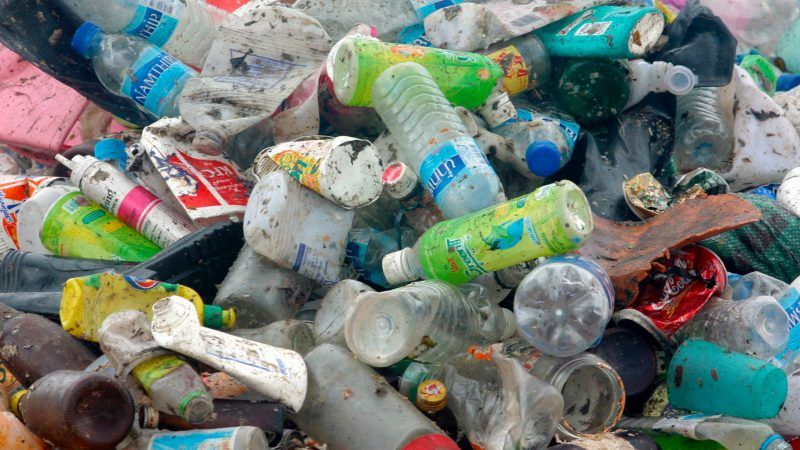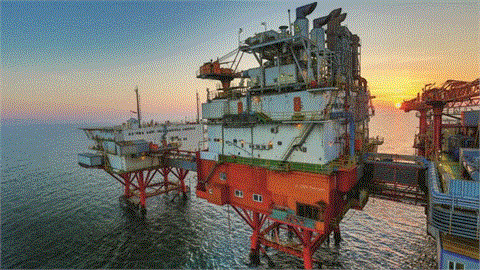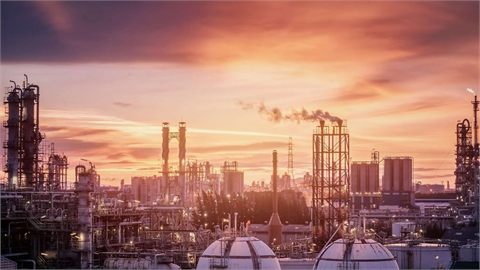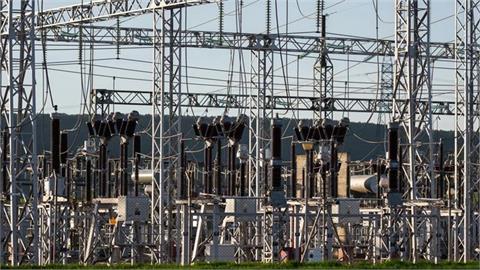by Will Collins* Legislative developments that would be supportive of increased recycling give participants in the European recycling market reason for positivity in the long term, although concern about the short-term outlook sat heavily over the recent Plastics Recycling Show Europe (PRSE) conference and trade show
Demand for recyclates in Europe is closely linked to the construction, durable goods and packaging industries, all of which have come under pressure in the past 12 months in Europe as high inflation and energy prices have reduced consumer and corporate spending power. The seasonal pickup in demand that many recyclers had hoped for in the spring has largely not materialised. A common observation of exhibitors at PRSE was that they had come to find new customers, but found visitors to their booth were often more interested in making their own sales, rather than buying material.
Recyclers are also contending with increasingly stiff competition from virgin plastics, which have become cheaper in the past 12-15 months after two years of historically high prices following the outbreak of Covid-19. Cheaper virgin polymer prices have had a direct impact upon the significant portion of recyclers’ demand that traditionally relies on converters using second-generation materials to save money. And urgency to develop more products utilising recycled content has unquestionably waned in the past 6-9 months as focus on costs has intensified and the price gap between virgin polymers and more expensive packaging-ready recyclates has widened.
Trepidation would therefore be the word that best characterises recyclers’ short-term demand projections. Many economic forecasts (including those used by Argus) project global GDP growing slowly in late 2023 and into 2024. But, after failing to see a pickup in recyclate demand this spring, the industry will wait for a solid indication of higher demand before getting overexcited.
(for further reading, argusmedia.com, May 26, 2023)
*Recycled Polymers Editor




